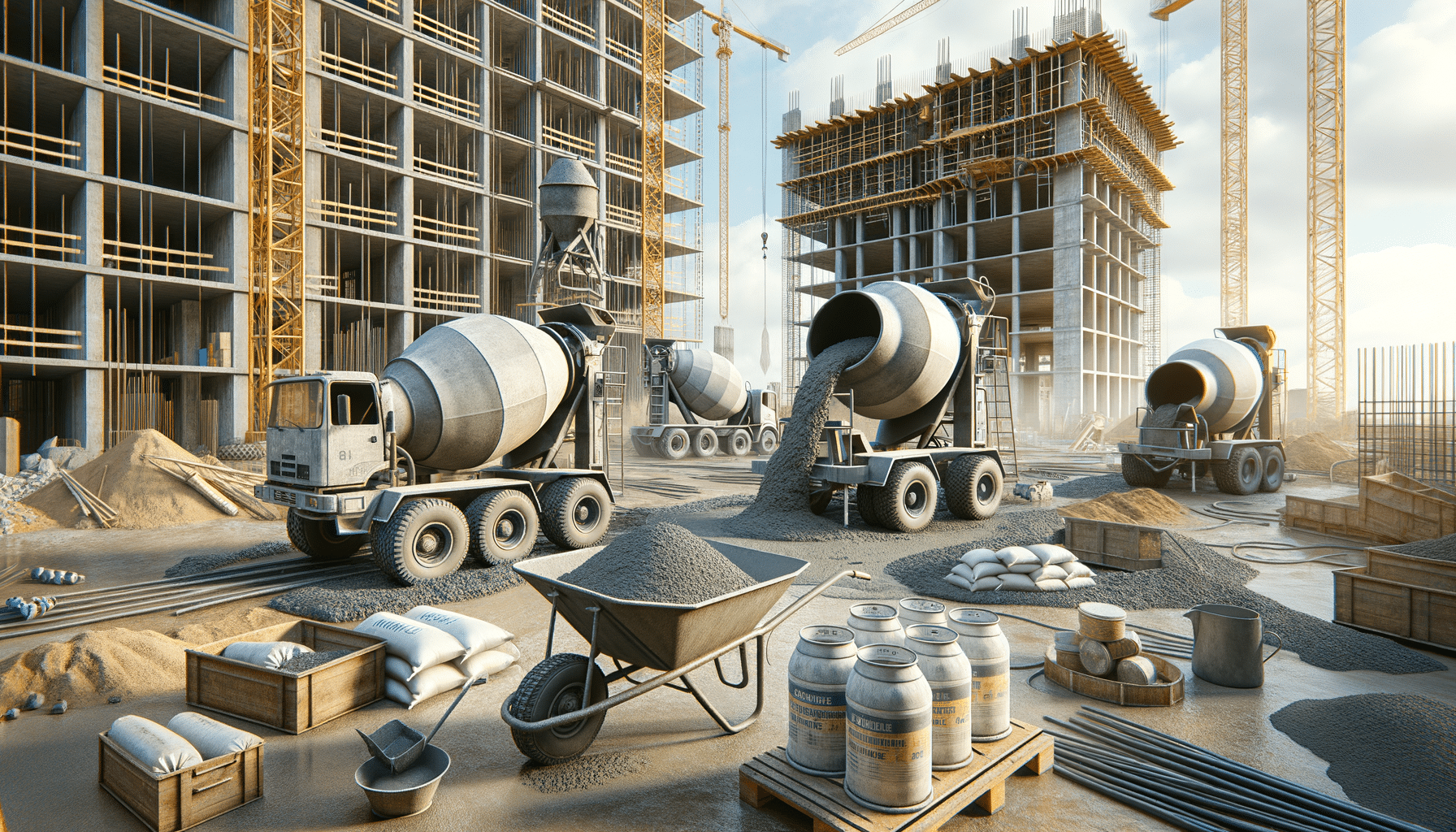
Understanding Concrete Mixers: Their Importance and Functionality
Introduction to Concrete Mixers
Concrete mixers are essential equipment in the construction industry, known for their ability to blend cement, water, and aggregates into a homogeneous mixture. This process is vital for creating concrete with the desired strength and durability. The importance of concrete mixers cannot be understated, as they ensure that the concrete is mixed consistently, providing a reliable foundation for various construction projects, from residential buildings to large infrastructure developments.
In the construction world, the efficiency and effectiveness of concrete mixers directly impact the quality of the final structure. Without them, achieving the necessary consistency in concrete would be a labor-intensive and time-consuming task. As such, understanding the types and functions of concrete mixers can significantly benefit professionals in the field.
Types of Concrete Mixers
Concrete mixers come in various types, each designed to meet specific needs and project scales. The most common types include:
- Batch Concrete Mixers: These mixers produce concrete in batches, making them ideal for small to medium-sized projects. They are further divided into drum and pan mixers, each with unique mixing techniques.
- Continuous Concrete Mixers: Unlike batch mixers, continuous mixers produce concrete without interruption, making them suitable for large-scale projects. They are often used in road construction and other large infrastructure projects.
- Portable Concrete Mixers: These are smaller mixers that can be easily transported to different sites. They are perfect for small jobs and DIY projects where mobility is crucial.
Each type of mixer has its advantages and is chosen based on the project’s requirements, location, and the volume of concrete needed.
How Concrete Mixers Work
The functionality of concrete mixers revolves around their ability to blend materials efficiently. The process typically involves the following steps:
- Loading the mixer with the necessary materials: cement, water, and aggregates.
- Activating the mixer, which rotates the drum or mixing blades to combine the materials thoroughly.
- Monitoring the mixture to ensure the correct consistency and adjusting the mix as needed.
- Pouring the mixed concrete into the designated area for construction.
The mixing process is carefully controlled to ensure that the concrete achieves the desired properties, such as workability, strength, and setting time. Advanced mixers may also include features like automated controls and sensors to enhance precision and efficiency.
Benefits of Using Concrete Mixers
Concrete mixers offer numerous benefits that contribute to the success of construction projects. Some of these advantages include:
- Consistency: Mixers ensure that the concrete is uniformly mixed, which is crucial for the structural integrity of the project.
- Efficiency: They significantly reduce the time and labor required to mix concrete manually.
- Quality Control: Mixers allow for precise control over the mixing process, ensuring that the concrete meets specific standards and requirements.
- Cost-Effectiveness: By reducing labor costs and minimizing material waste, mixers can lead to significant savings.
These benefits make concrete mixers indispensable in modern construction, enhancing both the quality and efficiency of building processes.
Choosing the Right Concrete Mixer
Selecting the appropriate concrete mixer depends on several factors, including the scale of the project, the type of concrete required, and the working environment. Here are some considerations to keep in mind:
- Project Size: For small projects, a portable mixer might suffice, while larger projects may require a batch or continuous mixer.
- Type of Concrete: Different projects may require varying concrete mixes, influencing the choice of mixer.
- Site Conditions: The location and accessibility of the construction site can impact the type of mixer needed.
- Budget: Cost considerations will also play a role in determining the most suitable mixer.
By carefully evaluating these factors, construction professionals can choose a mixer that aligns with their project needs, ensuring optimal results.


